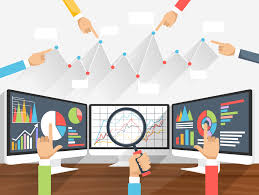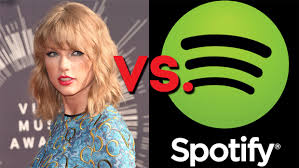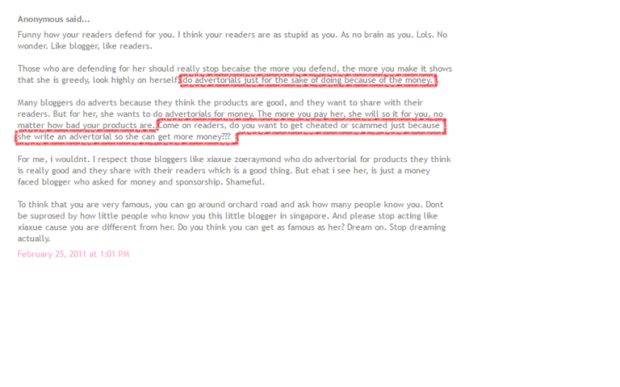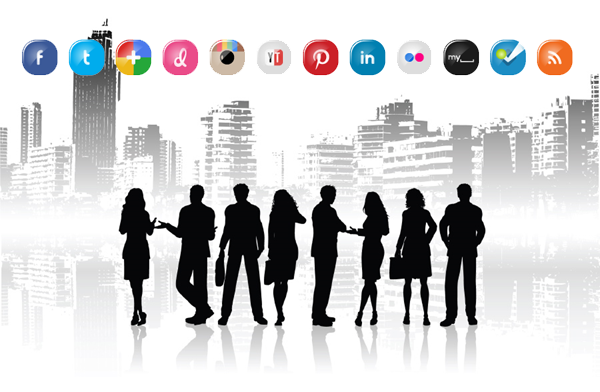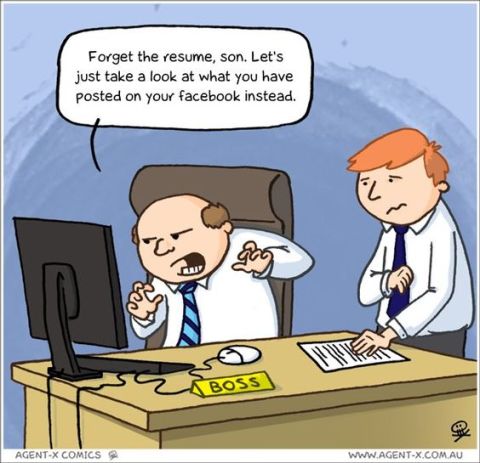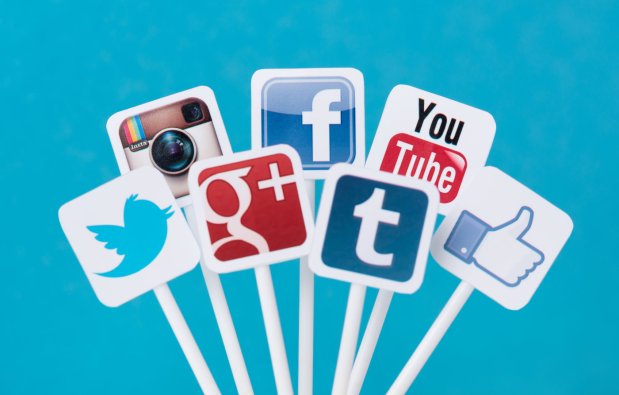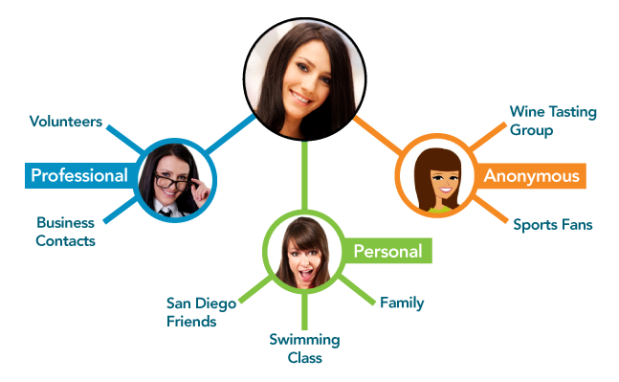13 days have been a fruitful journey as I had liberal and invaluable takeaways. Through this module, I obtained in-depth knowledge on digital literacy and the main features of social platform while expanding my professional online profile.
The slideshow below shows my improvement upon completing this module!
I’ll elaborate further on the improved points in the self test.
Previously, I gave myself lower ratings as I had only basic knowledge in the categories. Thus I made it a point to improve and get as much information as I could and I am proud to say that I have achieved a remarkable level of improvement from this module. I was able to maneuver new ways to enhance my professional profile, while protecting it from potential danger with proper management of online privacy and security.

(Professional Twitter – Public view)
After learning so much about online profile, I came to realize the importance of managing my online privacy and security as it could lead to unnecessary incident like identity theft. However, this can be prevented by not revealing too much information online and changing of privacy setting so only people you allow can browse through your profile like what I did to my personal Twitter and Facebook as shown in the picture below. With that raising of awareness of online privacy, I rated myself with a 4!

(Personal Twitter – Protected)

(Privatized Facebook)
To be honest, I had zero knowledge of websites like LinkedIn before this module. Nevertheless, now that I own an account, I would expect myself to commit more to online activities. Therefore, with the mild improvement made by stepping out and participating in online committees, I gave myself a 4 as reward.

(My LinkedIn account that was created after Topic 3 – two weeks old thus the profile strength was kept at “advanced” level only)
This module inspired me on a start of various career paths where I could apply what I’ve learnt. Definitely, it is important to build a professional online profile before starting anything. However, developing an online profile isn’t spontaneous but a long time of managing and maintaining of profile. By following various groups that consist of my area of interest, I would expect myself to gain more knowledge in the field of my expertise. There are also discussion threads in each group where I am able to share my views and widen my knowledge on marketing!
The photos below is the groups that I’m currently following to keep up with the latest news around the industry and gaining further insight and expertise in LinkedIn and Twitter respectively.
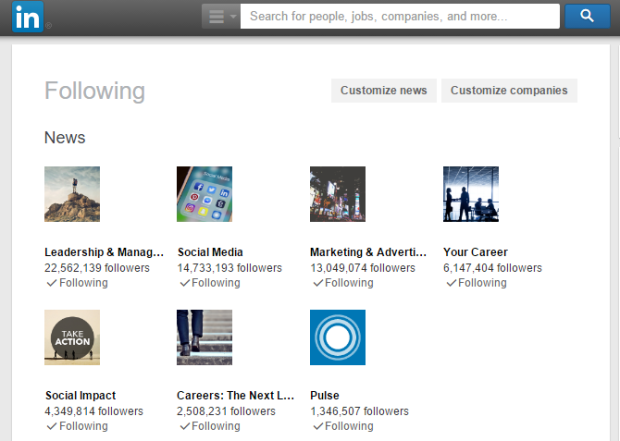

In additional to these steps, I would be exploring more methods to improve on my digital literacy, expanding my online profile and work my way into the industry.
Next up, I’ve created a video to present my learning journey!
SO, SIT BACK AND ENJOY!
As the module comes to an end, I was able to widen my perspective and build up on my profile, while reminding me the importance of being ethical and not do anything detrimental to my career. Upon using the tools developed in this module, I am no longer afraid of having to juggle between my personal life and professional life!
(532 WORDS)



